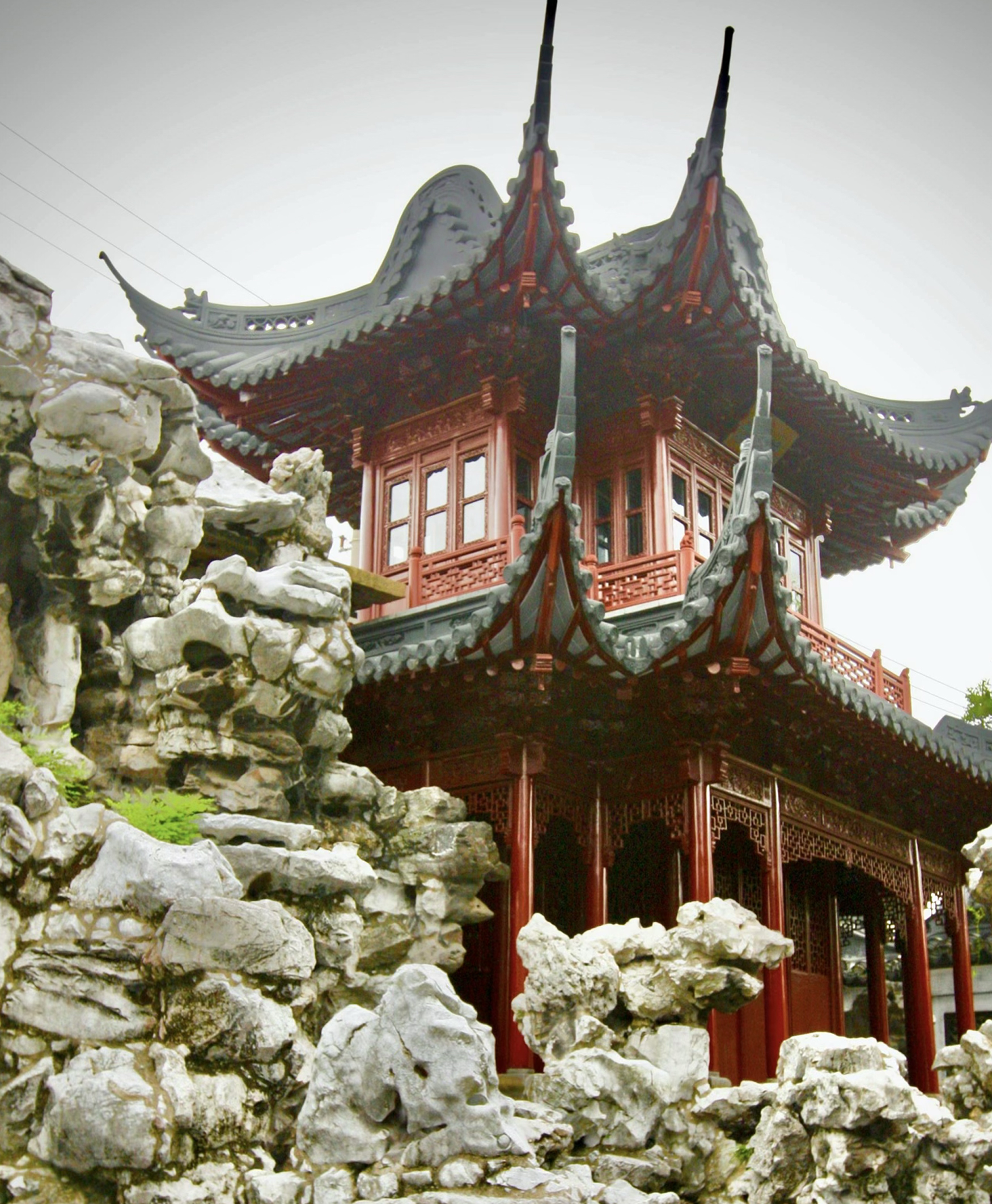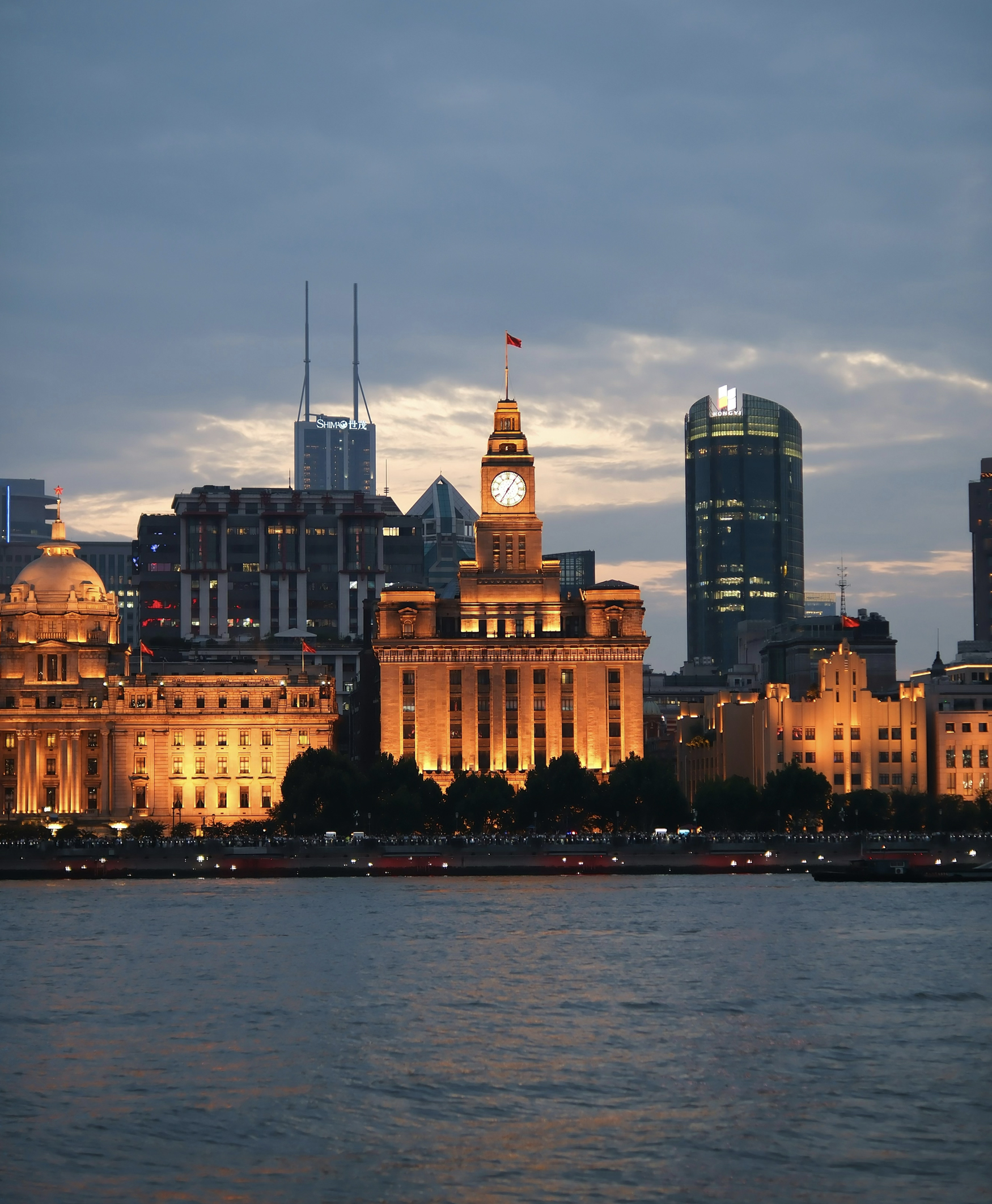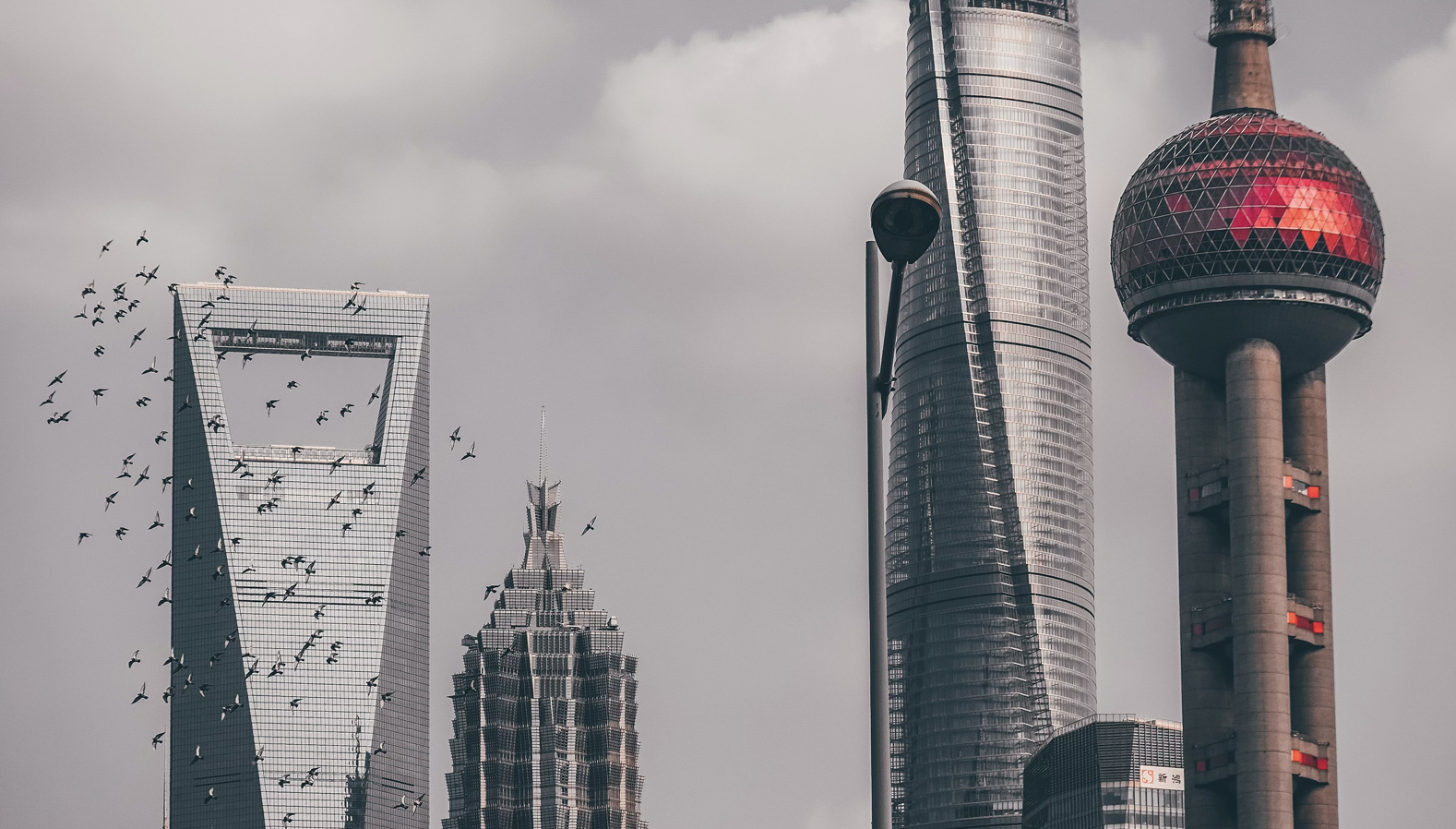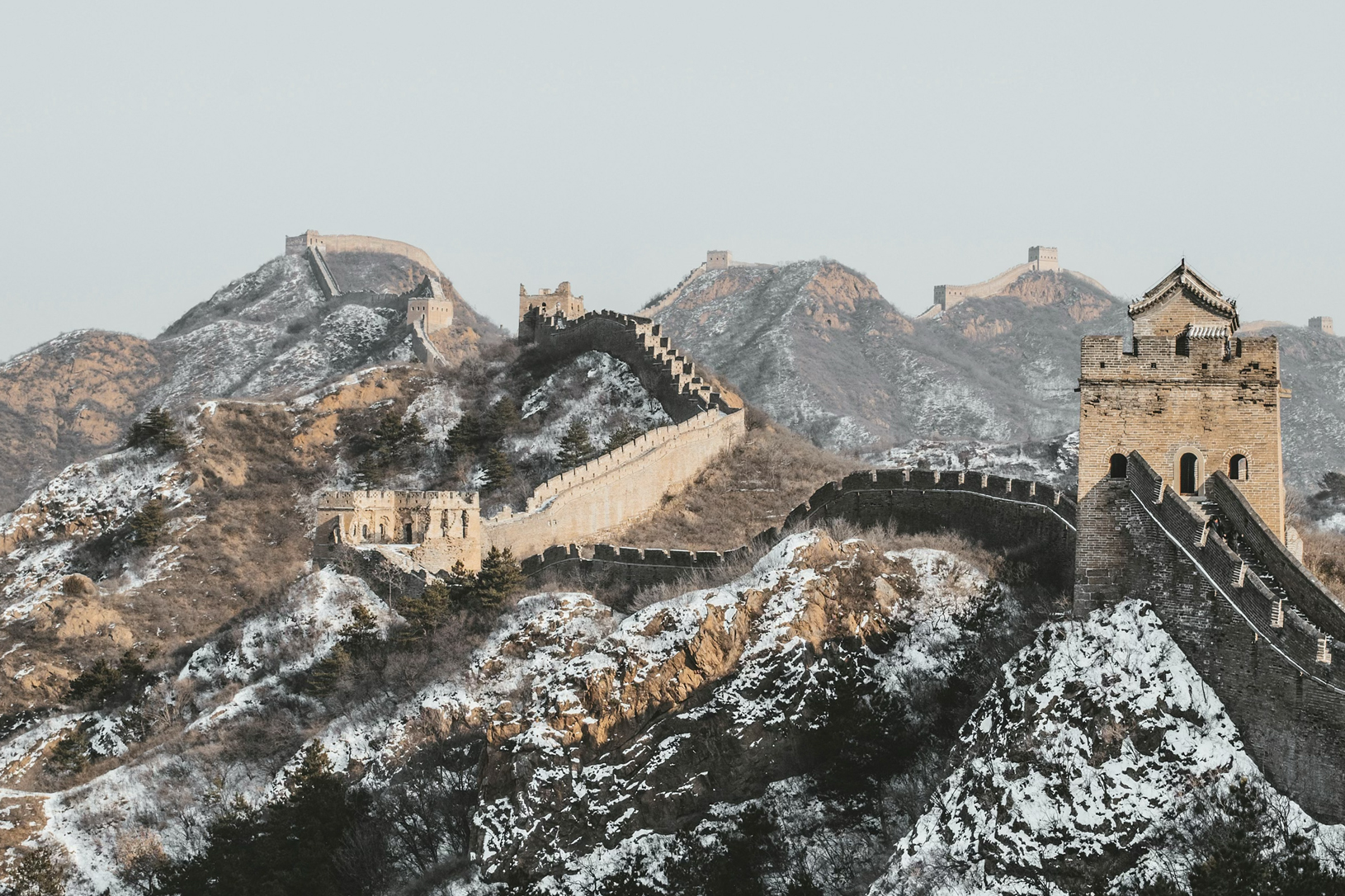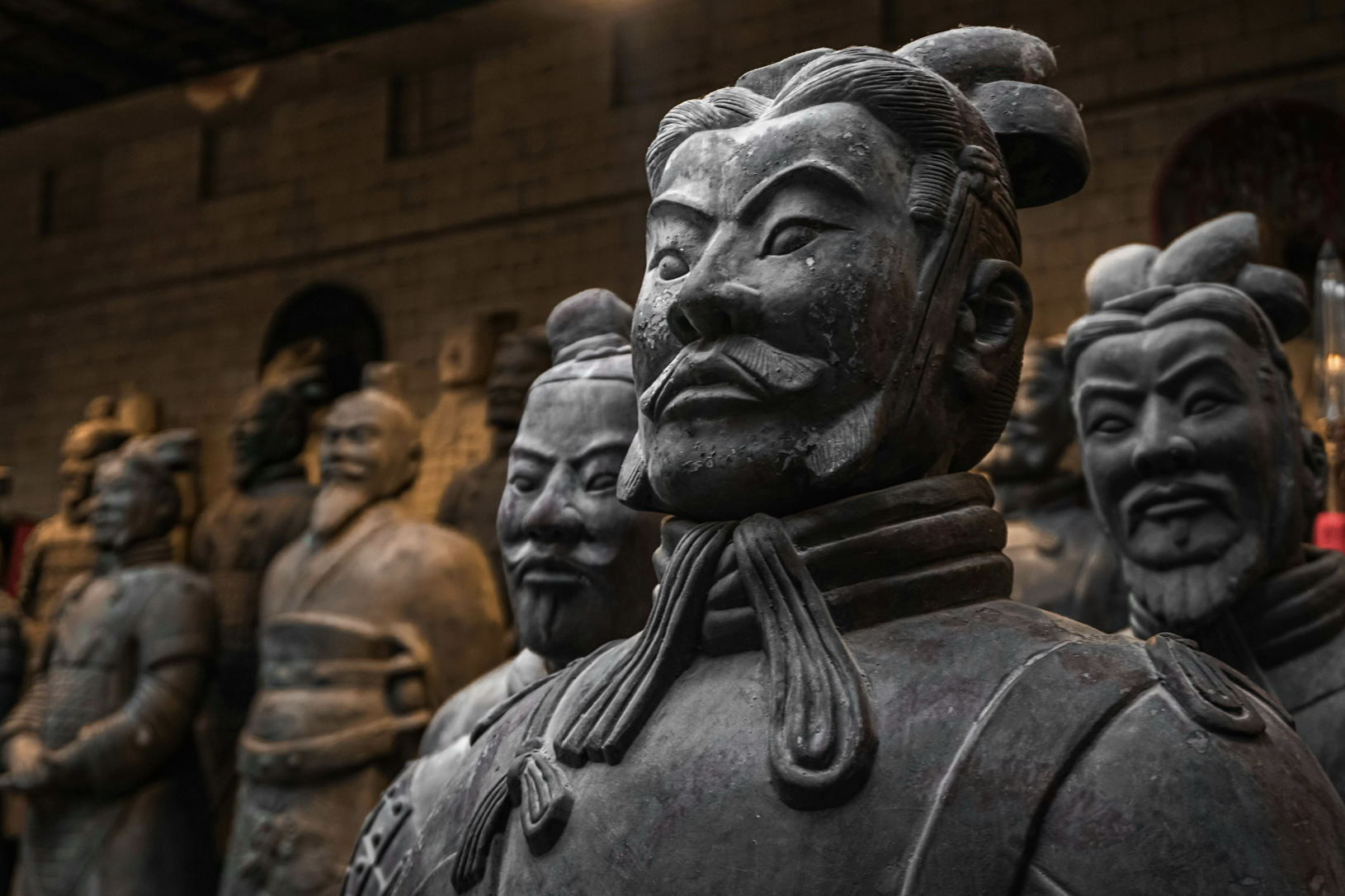Shanghai is a city defined by contrast, where eras overlap and architecture becomes a living record of ambition, identity and reinvention. This curated exploration traces the evolution of how people have lived in Shanghai over the centuries, revealing a narrative shaped by craftsmanship, colonial encounter, community life and rapid modernisation. Each neighbourhood presents a different chapter, and together they form a portrait of a city that has never stopped reshaping itself.
We begin in Yuyuan Garden, a classical masterpiece from the Ming dynasty that reflects the ideals of balance and refinement prized by wealthy merchant families. Pavilions open onto koi-filled ponds, zigzag bridges lead toward shaded chambers and every rockery has been placed with deliberate artistry. As we move through the garden’s corridors, we gain a sense of how space, nature and architecture once intertwined to create private worlds of calm. Stepping back outside, the contrast is immediate. Just beyond these elegant enclosures lie the dense lanes of the Old Town, where lilong houses — once the backbone of community life — are now fading with time. Some are crumbling, others still occupied by families who have lived here for decades. Laundry hangs between balconies, neighbours chat from doorways and the rhythms of everyday life continue even as redevelopment encroaches.
Our next stop, the Shanghai Urban Planning Exhibition Hall, reveals the city on an entirely different scale. A vast model showcases every building, road and district, capturing Shanghai’s dramatic transformation from a modest port to a global metropolis defined by innovation. Here, the tension between preservation and progress becomes clear: historic blocks sit beside futuristic districts, each representing choices about what to keep and what to change.
By midday we reach the French Concession, where shaded boulevards and elegant plane trees introduce a distinctly European ambience. The neighbourhood’s prevalence of restored villas, lane houses and art deco structures reveals a chapter shaped by international settlement and cultural cross-pollination. Lunch is enjoyed at a refined restaurant set within a restored heritage building, where contemporary flavours complement an atmosphere that retains the style and romance of old Shanghai. It is a moment to pause and absorb the layers of history that still echo through these streets.
The afternoon flows gently as we continue past grand residences and architectural gems that were once home to expatriates, diplomats and Shanghai’s elite. Many now house boutiques, galleries and cafés, each giving new purpose to spaces heavy with memory. From here we make our way toward the Bund, Shanghai’s most iconic architectural showcase. Neo-classical banks and art deco towers line the waterfront, their solid façades reflecting a time of confidence and global aspiration. Across the river, Pudong rises in a cluster of modern skyscrapers — a reminder that Shanghai is always moving forward.
A short river cruise reveals this duality most vividly, gliding between past and future as both skylines illuminate at dusk. Our exploration culminates atop the Shanghai Tower, where the city stretches in every direction: ancient courtyards, lilong lanes, colonial boulevards and shimmering towers merging into one extraordinary urban tapestry.
PROGRAM CONCLUDES

